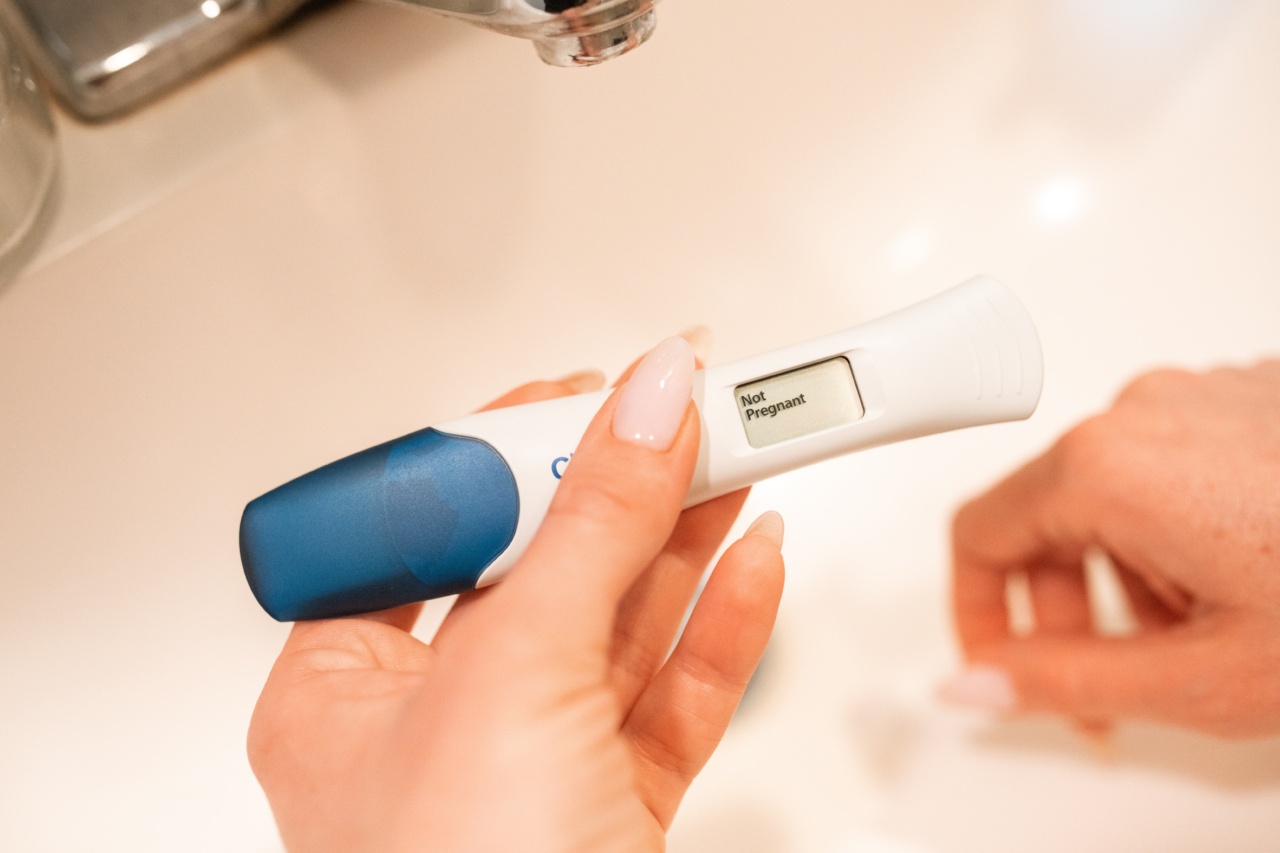High blood pressure, also known as hypertension, can pose serious health risks for anyone. However, when it occurs during pregnancy, it becomes even more critical to address due to potential complications that can affect both the mother and the baby.
Pregnant women with high blood pressure need careful monitoring and treatment to minimize the risks and ensure a healthy pregnancy. In this article, we will explore the various risks associated with high blood pressure during pregnancy and the steps that can be taken to manage it.
What is high blood pressure during pregnancy?
High blood pressure during pregnancy, also known as gestational hypertension, is a condition where a woman develops high blood pressure after 20 weeks of pregnancy.
It is characterized by a persistent increase in blood pressure measurements, typically above 140/90 mmHg. Gestational hypertension can have various causes and may or may not be accompanied by other symptoms. It is important to differentiate gestational hypertension from chronic hypertension, which occurs before pregnancy or before 20 weeks of pregnancy.
The risks associated with high blood pressure during pregnancy
High blood pressure during pregnancy can lead to several complications that can pose risks to both the mother and the developing baby. Some of the significant risks associated with gestational hypertension include:.
1. Preeclampsia
Preeclampsia is a serious condition that can develop when high blood pressure goes untreated or uncontrolled during pregnancy.
It is characterized by high blood pressure combined with signs of damage to other organ systems, such as the liver and kidneys. Preeclampsia can lead to complications such as impaired kidney function, blood clotting problems, and even seizures (eclampsia).
2. Restricted fetal growth
High blood pressure can reduce blood flow to the placenta, potentially compromising the baby’s growth and development. This condition is known as intrauterine growth restriction (IUGR) and can result in low birth weight and other complications.
3. Preterm birth
Women with high blood pressure during pregnancy are at a higher risk of delivering prematurely.
Premature birth can have significant health consequences for the baby, including respiratory distress syndrome, developmental delays, and an increased risk of chronic conditions later in life.
4. Placental abruption
High blood pressure can increase the risk of placental abruption, a condition where the placenta separates from the uterine wall before delivery. Placental abruption can result in severe bleeding, endangering both the mother and the baby.
5. Organ damage
Untreated high blood pressure can cause damage to vital organs such as the heart, kidneys, and liver. This can have long-term consequences for the mother’s health and well-being.
6. Increased risk of cardiovascular diseases
Women who experience high blood pressure during pregnancy have a higher likelihood of developing cardiovascular diseases later in life, such as hypertension, heart disease, and stroke.
7. Impact on the baby’s cardiovascular health
High blood pressure during pregnancy can influence the baby’s cardiovascular health even after birth. These babies may be more prone to high blood pressure and related conditions as they grow older.
Managing high blood pressure during pregnancy
Proper management of high blood pressure during pregnancy is crucial to reduce the associated risks. Here are some strategies commonly used:.
1. Regular prenatal care
Attending regular prenatal check-ups allows healthcare providers to monitor blood pressure and identify any potential issues early on. It also provides an opportunity for personalized counseling and support.
2. Medications
In some cases, healthcare providers may prescribe medications to control high blood pressure during pregnancy. However, the choice of medication will depend on the severity of the condition and its potential impact on the baby.
3. Lifestyle modifications
Adopting a healthy lifestyle can significantly help manage high blood pressure during pregnancy. This includes regular exercise, a balanced diet, managing stress, and avoiding tobacco and alcohol.
4. Monitoring fetal growth
Regular ultrasounds and other fetal monitoring techniques can ensure the baby’s growth and development are on track. Any signs of restricted fetal growth can be addressed promptly.
5. Close monitoring of maternal health
Regular blood pressure checks, urine tests, and other monitoring methods help healthcare providers stay vigilant for signs of complications like preeclampsia.
Conclusion
High blood pressure during pregnancy is a serious condition that requires proper management to minimize risks.
Regular prenatal care, medication if necessary, and healthy lifestyle modifications are essential to ensure both the mother and the baby’s well-being. By addressing high blood pressure promptly and effectively, the potential complications can be mitigated, leading to a healthier pregnancy and a positive outcome for both mother and child.





























